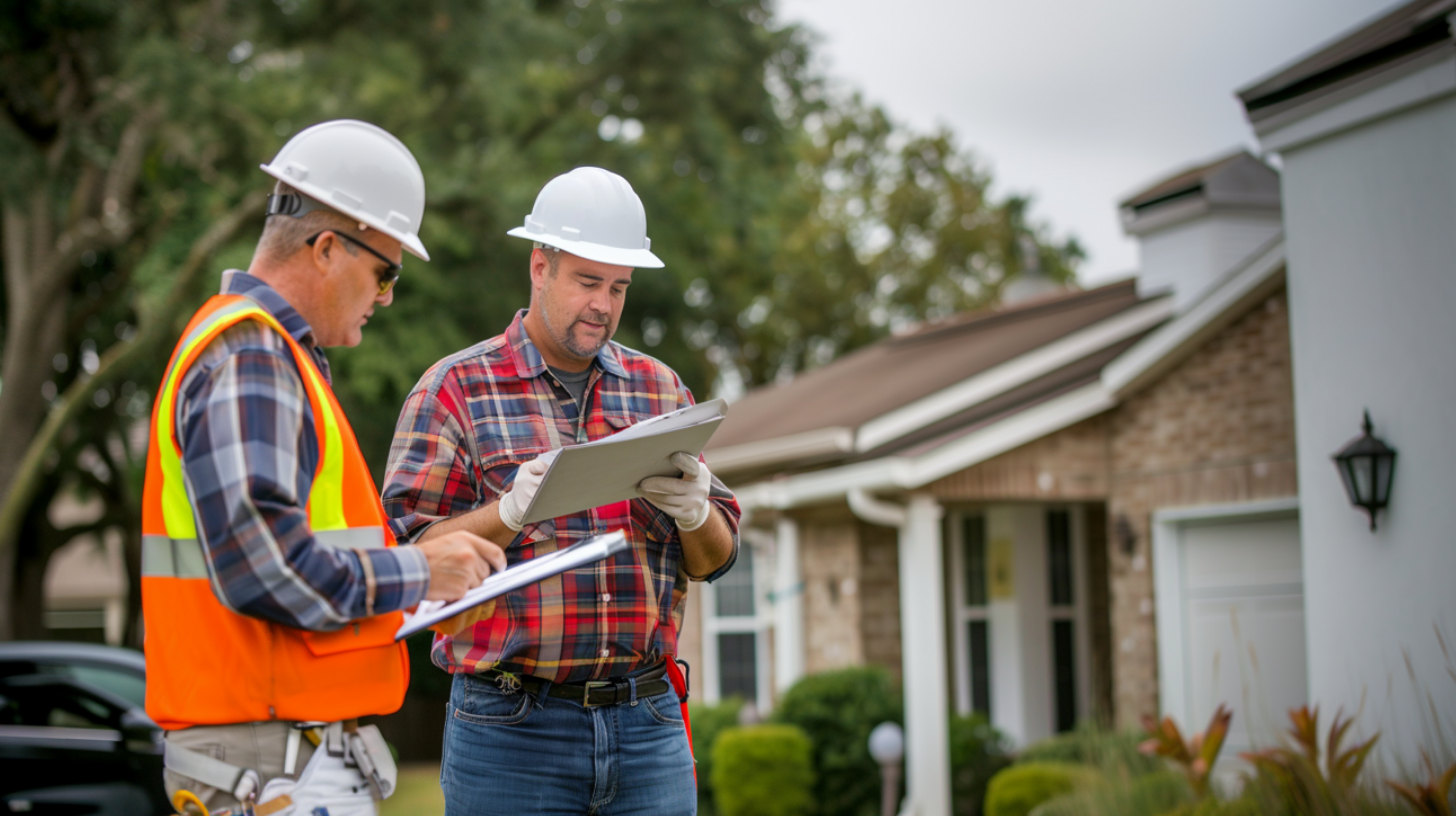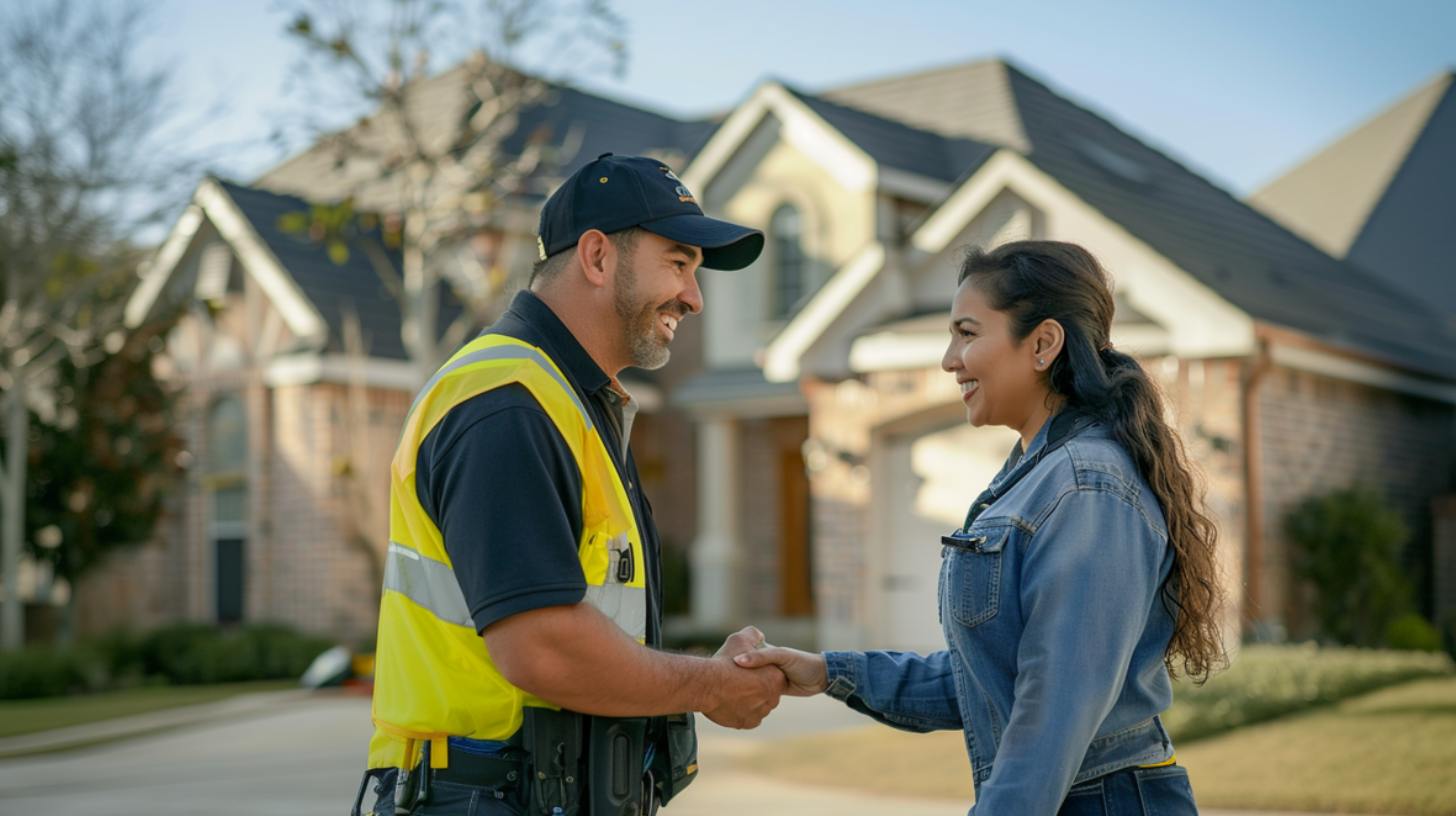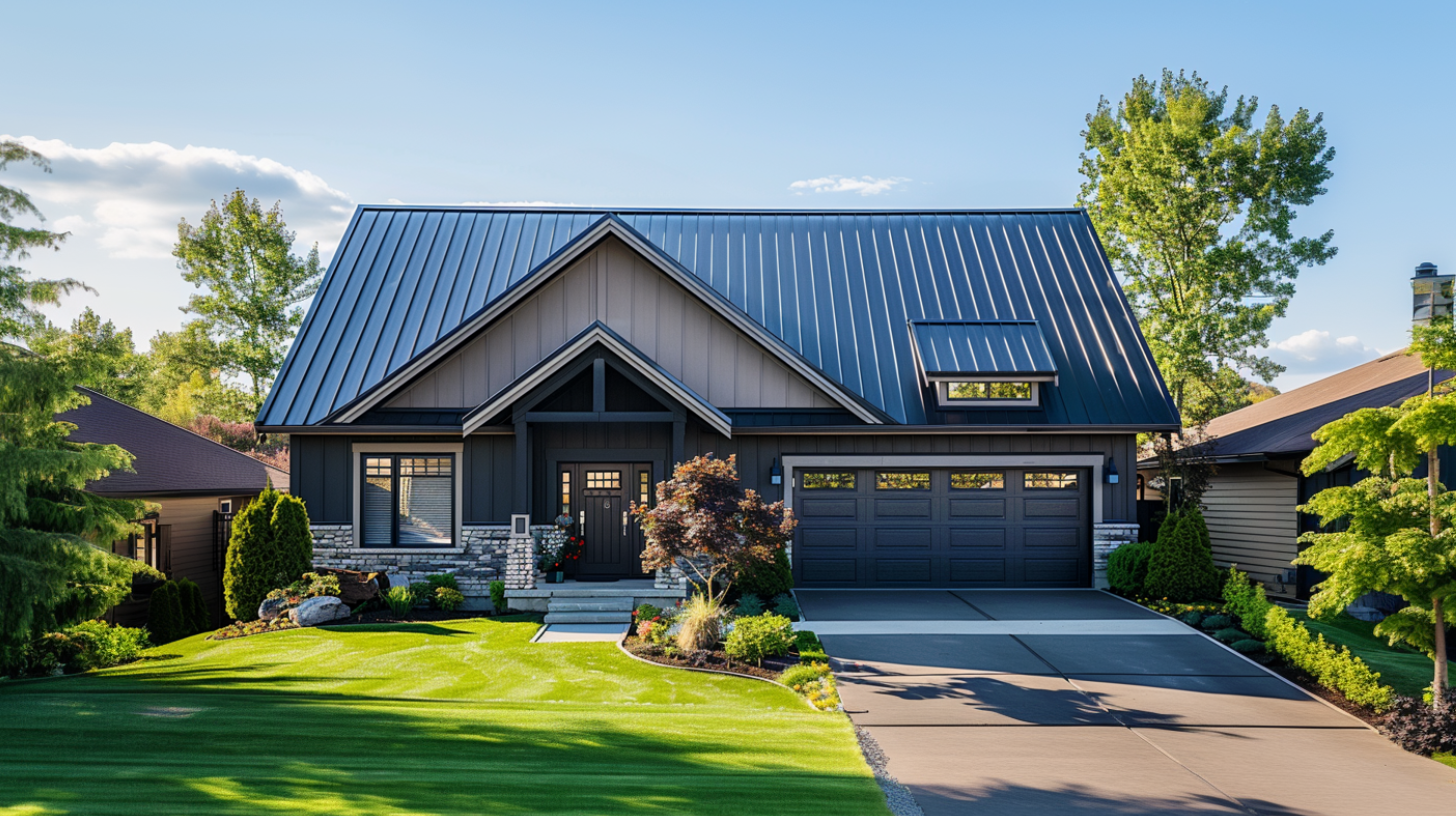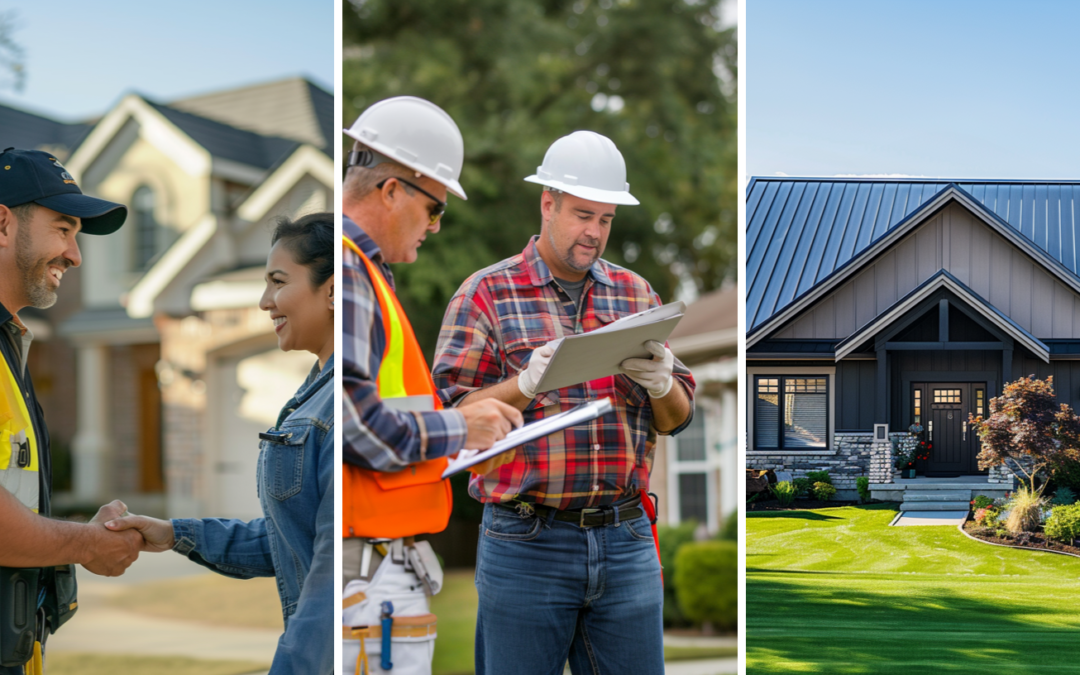Overview of Warranty in Roofing Contracts
The purpose of a warranty in a roofing contract is to protect the homeowner or building owner from potential financial and logistical burdens that may arise from faulty roofing installation or materials. It guarantees that the roofing contractor and the roofing company will rectify any problems that may occur during the warranty period, giving the customer confidence in the quality and durability of their new roof.
A comprehensive roofing warranty should include important elements such as the duration of the warranty, which can vary depending on the type of roofing materials used. It should also specify the scope of coverage, outlining which roof components are covered, such as shingles, underlayment, flashing, and vents. Additionally, the warranty should outline any exclusions or limitations, such as damage caused by natural disasters or improper maintenance.
By having a warranty in place, homeowners and building owners can rest assured that they are protected against unexpected roofing issues and can rely on their roofing company and contractor to address them promptly. An effective roofing warranty strengthens the trust between the customer and the contractor, ensuring a long-lasting and satisfactory roofing experience.

Warranty - Types of Roofing Warranties - Sky Roofing Construction & Remodeling
Types of Roofing Warranties
Manufacturer’s Warranty
The details and coverage of a manufacturer’s warranty for roof materials can vary, but the industry standard is often a limited lifetime warranty. This warranty typically covers any defects in the materials that may arise during their usable lifetime. If defective materials are identified, the warranty ensures they will be replaced or repaired without additional cost to the homeowner or building owner.
It is important to note that a manufacturer’s warranty does not cover issues caused by improper installation techniques. This means the warranty will not cover any resulting damage or issues if the roof is not installed correctly. Therefore, working with qualified roofing contractors ensures proper installation and maintains warranty validity.
However, defects in materials are rare due to manufacturers’ stringent quality control measures. If a defect does occur, homeowners and building owners can rest assured that the warranty protects them. Some warranties also include a prorated period, where the coverage decreases over time, reflecting the natural aging and wear of the roofing materials. This prorated period allows for partial compensation, ensuring that even older roofs have some protection.
Homeowners and building owners can feel confident in their investments by choosing a roofing contract with a comprehensive manufacturer’s warranty. They know they are covered against defective materials and can rely on the durability and performance of their quality materials.
Workmanship Warranty
The importance of a workmanship warranty cannot be overstated in roofing projects, as it protects the property owner’s investment. Without this warranty, any issues arising from faulty installation could result in costly repairs or replacements. With workmanship coverage, however, the contractor takes responsibility for any necessary repairs resulting from their installation, providing peace of mind to the property owner.
Coverage under a workmanship warranty typically includes labor and materials needed for repairs. If any defects or issues arise due to poor workmanship, the contractor will cover the costs of fixing them. However, it is important to note that workmanship warranties generally exclude damage caused by extreme weather conditions, as the contractor cannot be held liable for acts of nature.
Common installation errors covered by a workmanship warranty include improper flashing, inadequate ventilation, incorrect shingle installation, and faulty gutters. These errors can lead to leaks, water damage, or other issues, and having them covered under the warranty ensures that the contractor is accountable for their mistakes.

Warranty - Key Elements of a Roofing Warranty - Sky Roofing Construction & Remodeling
Key Elements of a Roofing Warranty
Coverage Details
The coverage details of a warranty encompass various aspects. Firstly, it includes the materials used in the roofing installation or repair. The warranty ensures that the materials used are high quality and will not degrade prematurely, protecting homeowners from costly replacements.
Additionally, the warranty covers the labor involved in the roofing project. This guarantees that the roofing contractor will rectify any installation mistakes made during the installation or repair process, ensuring the integrity and reliability of the roof.
The warranty also outlines specific inclusions and exclusions. These may include coverage for damage caused by natural disasters, leaks, or other roof-related issues. However, it is important to note that there may be exclusions for damage caused by improper maintenance or unauthorized repairs.
Understanding the type of coverage and the coverage details of a roofing contract’s warranty is crucial for homeowners and building owners. It ensures that they are protected from faulty materials or poor workmanship, providing peace of mind and saving them from significant expenses in the future.
Duration and Terms
The duration of a roofing project can vary depending on its size and complexity. The homeowner or building owner must be aware of the estimated timeline provided in the contract. This ensures they clearly understand how long the project is expected to take and can plan accordingly.
In addition to the duration, the terms included in a roofing contract outline the responsibilities and obligations of both the contractor and the client. These terms may cover payment schedules, material specifications, and warranty information. Understanding the labor cost and how it is factored into the overall project cost is also an important consideration. This transparency helps homeowners and building owners manage their budgets effectively.
Furthermore, the coverage term of any warranties should be clearly defined in the contract. This includes details on what is covered, for how long, and under what conditions. By understanding the terms of a roofing contract, including the coverage term and the cost of labor, both parties can help prevent misunderstandings or disputes during the project. This clarity ensures homeowners and building owners can feel confident that their project will be completed according to their agreed-upon expectations.
Transferability
Not all warranties are transferable, and each contractor may have different policies. By asking for clarification, you will clearly understand whether the warranty can be transferred to a new homeowner or if it becomes void once the property changes hands.
Knowing how to transfer a warranty can significantly impact the value of your property. A transferable warranty adds value and peace of mind to potential buyers. They know they won’t have to worry about roofing issues after purchasing the property. Additionally, a transferable warranty can serve as a selling point, making your property more attractive than others on the market.
Remember to inquire about transferability when discussing the warranty part of a roofing contract. By seeking clarity on this important aspect, you can ensure that you fully understand the warranty terms and can make an informed decision regarding your roofing needs.
Common Exclusions and Limitations
One common exclusion is subsidiary damage. This refers to damage to other parts of the property that may occur due to a roofing issue. It is important to understand that a warranty typically only covers the roof itself and not any additional damage caused to the interior or exterior of the building.
Another exclusion often seen in roof warranties is standing water damage. If water accumulates or pools on the roof due to design or maintenance issues, any resulting damage may not be covered under the warranty. This is particularly relevant in areas prone to severe weather, where proper drainage and maintenance are essential.
Acts of God, such as hurricanes or earthquakes, are typically excluded from roof warranties. These events are considered unpredictable and beyond the control of the roofing contractor. Similarly, damage from severe weather conditions like heavy storms or hail may also fall outside the warranty’s coverage.
Other exclusions and limitations specified in a warranty include unauthorized repairs, negligence, improper attic ventilation, improper roof cleaning, and improperly installed solar systems and satellite dishes. These factors can compromise the integrity of roofing systems and lead to issues not covered under the standard warranty.
Understanding these common exclusions and limitations can help homeowners decide about roofing contracts. By being aware of what is covered and what is not, potential issues can be addressed appropriately, and consumers can ensure they are fully protected in the event of roofing problems.

Warranty - Benefits of a Roofing Warranty - Sky Roofing Construction & Remodeling
Benefits of a Comprehensive Roofing Warranty
One key benefit of a comprehensive roofing warranty is that it safeguards the homeowner’s roof investment. A well-installed and durable roof protects the property from weather elements and adds value to the home. The warranty ensures that any issues or damages that may arise due to poor craftsmanship will be addressed by the contractor, eliminating the financial burden on the homeowner.
Although roofing warranties can vary in coverage options, they commonly include protection against leaks, material defects, and workmanship errors. Some comprehensive warranties may also cover the cost of repairing or replacing faulty materials or workmanship for an extended period, offering a range of benefits that enhance the overall security of the roofing system.
It is important to note that roofing warranties can be complex, with different levels of coverage and exclusions. Homeowners should thoroughly review the terms and conditions before signing a contract to understand what is included. Additionally, some warranties may require regular maintenance and inspections to remain valid, further safeguarding the homeowner’s investment and ensuring the longevity of their roofing system.
Essential Tips to Keep Your Roofing Warranty Valid
A roof warranty gives homeowners peace of mind, protecting against any unforeseen issues arising after the installation. To ensure the warranty remains active and coverage is in place, homeowners should follow these specific tips:
- Avoid layering over the old roof: Though layering a new roof over the old one may seem like a cost-effective solution, it can void the warranty. Removing the existing roof entirely before installing a new one is recommended.
- Steer clear of DIY work: While saving money by doing roofing repairs yourself may be tempting, it is important to note that DIY work can void the warranty. Hire a reputable, certified, and experienced roofer to avoid potential installation issues that could compromise your warranty.
- Regular inspections: Schedule regular roof inspections by professionals to identify and address potential problems before they escalate. Routine inspections can help catch minor issues early on, preventing major damage and ensuring warranty coverage.
- Maintain proper maintenance practices: Following the manufacturer’s guidelines and regularly maintaining the roof is vital to protect the warranty. This includes cleaning gutters, trimming overhanging branches, and removing debris. Ignoring these maintenance practices can lead to warranty voidance.
Taking these precautions and following the provided tips will help maximize the benefits of a roof warranty, ensuring long-lasting protection for your home or building. By staying proactive, homeowners can maintain their investments and avoid costly repairs.
Explore Roofing Warranty to Safeguard Your Property and Investment
Warranty protection is a critical aspect of any roofing investment, providing essential coverage against potential issues and ensuring the long-term durability of your roofing system. By understanding your warranty’s terms and working with a reputable roofer, you can effectively address installation issues and maximize the benefits of your coverage. For expert guidance and to explore your roofing options, contact Sky Roofing Construction & Remodeling (skyroofingconstructiontx.com/) at (210) 942-9797 to schedule a detailed consultation.
Willis Vachon is a seasoned contributing writer for Sky Roofing Construction & Remodeling, specializing in the technical and safety aspects of roofing construction. With a keen eye for detail and a passion for ensuring quality and safety in every project, Willis provides valuable insights that help both professionals and homeowners make informed decisions about their roofing needs.

